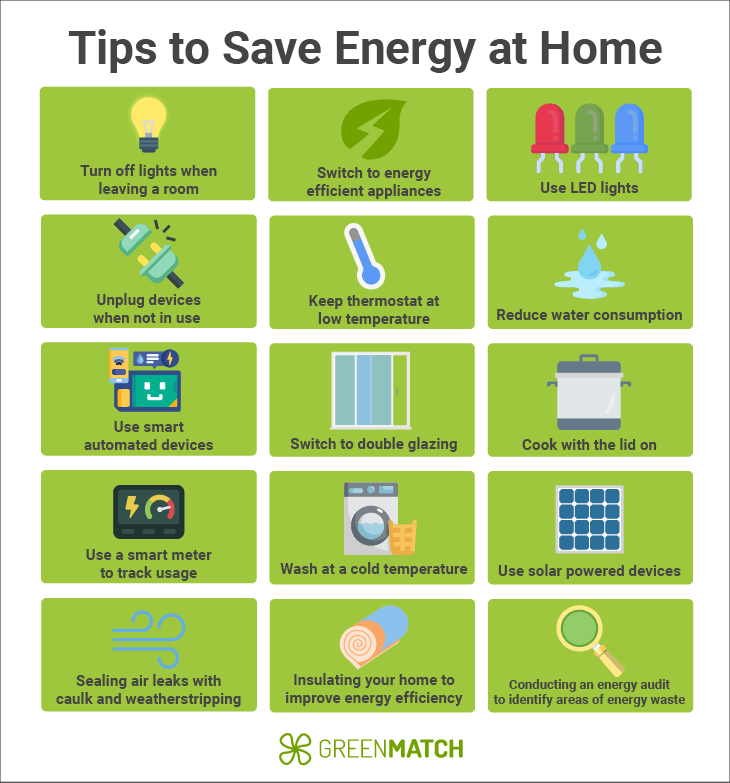To prove they are mega MAGA macho, they've
dumped a symbolic package of bills to wipe out green energy
By Will Collette
 |
Is that Mike Chippendale heading down from Foster
to his news conference? |
Not to be outdone by their lord and master Donald Trump, his
hatred of “windmills” and love of coal, Republican General Assembly members led
by House Minority leader Mike Chippendale just announced a
collection of bills to promote fossil fuels at the expense of energy
efficiency.
These bills have NO chance of passage, not just because they
have no merit, but because they are being introduced at the end of the General
Assembly session. Apparently Chippendale et al. are sending some symbolic
message to somebody – maybe King Donald – that they are as MAGA-maniacal as anybody.
Like most energy conversations, they begin with the largely
true, widely held belief that electricity bills are too high. But from there,
it’s all downhill.
I live in Charlestown, one of Rhode Island’s most vulnerable
communities to the effects of climate change. Storms are worse and more
frequent even trashing the Charlestown Breachway. Our beaches are eroding. The
sea level is rising. Seawater is infiltrating groundwater. It’s very hard to
get homeowner’s insurance at any price.
Over the past 25 years, Cathy and I have taken action to
increase our energy efficiency by getting an energy audit, adding insulation,
putting on a light-colored steel roof and, through the much missed Solarize Charlestown program, installed an array of solar
panels in 2017. We’ve also replaced our appliances with the most energy
efficient available and added heat pumps.
I would love to add residential sized vertical axis wind
turbines, but Charlestown’s town ordinance makes it impossible to do so
(click HERE to see why). This is a legacy of the NIMBY
faction of the Charlestown Citizens Alliance (CCA), and I hope to see that ordinance
repealed soon.
Every change we made cost money upfront but was made easier
through state and federal rebates and tax credits and, in the case of our solar
panels, being able to sell our excess power back into the grid. Every energy
investment we have made has paid us back through lower electricity usage.
Donald Trump and Congressional Republicans want to end all
of that and now we’ve heard from state Republicans that they want to do the
same here in Rhode Island.
Chippendale said, “Far too often, the utility is
painted as the villain, but many of these cost increases stem from legislative
mandates — laws passed by the General Assembly that forced utilities to buy
expensive energy or fund inefficient programs…”
He condemned the payback solar panel owners like us get for
selling our excess energy: “Right now, solar customers are credited at
the full retail rate for energy. They produce up to 125% of their usage. That’s
not market-based. It’s an inflated rate that gets passed on to every single
ratepayer in this state.”
WTF? “Full retail rate” isn’t “market-based?” As it is, the
number of solar panels you can install has to roughly match your usage.
Personally, I would have wanted to add more since the marginal increased cost
would have meant more generated power. That’s market-based, Mike. And like the
energy companies, the utility pays us at the rate called for by law.
The other market-based reality ignored by the MAGA world is
the rapid expansion of green energy generation and how through the economies of
scale, green energy prices have been consistently dropping.
All across Red State
Middle America, wind and solar power companies have been booming, generating
employment booms as well as energy at levels that now surpass fossil fuels.
Trying to reverse this market trend makes no economic sense. As Mike would say,
not “market-based.”
Even Charlestown’s ex-state Rep. Blake “Flip” Filippi is on
board with this regressive approach to energy, shown in this tweet on X (note:
Trump is pictured with coal miners, not natural gas drillers):
I do not understand the MAGA obsession with wasting energy.
Or hating energy efficiency. Or leaning into increased use of polluting fuels. Who
benefits other than the fossil fuel companies?
Is it just about “owning the libs?”
Ever since Jimmy Carter’s sweater and the first Arab oil embargo in 1973, most Americans have come to
believe we need to be smarter about energy. Energy efficiency is an unqualified
good thing regardless of your location on the political spectrum. Burning less
fossil fuels is an unqualified good thing.
We’ve come a long way in 50 years and we still have quite a
distance to go. Why Chippendale and MAGA-world want to turn the clock back is
baffling and unjustified.




.webp)


.webp)










.webp)

.webp)